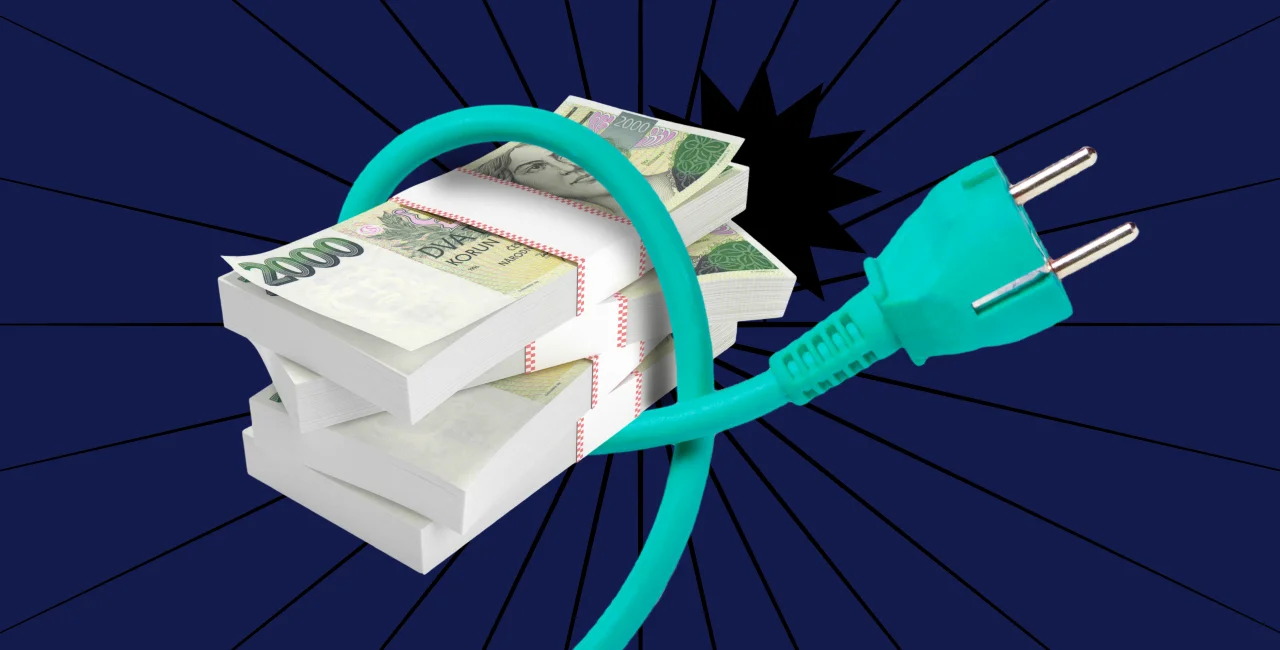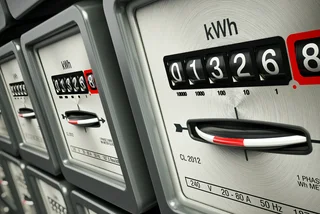Czech households may be paying some of the highest electricity prices in Europe, particularly when adjusted for income, despite the country producing power at relatively low costs. Experts say the final electricity bill is shaped by complex market dynamics and state policy.
According to the latest data from the Household Energy Price Index, which compares electricity prices across European capitals, Prague residents had the sixth -highest electricity prices in April 2025.
PARTNER ARTICLE
How much do households pay now?
At the consumer level, average electricity prices in Czechia today are about CZK 3,933 per megawatt-hour (MWh), with the estimated monthly electricity cost for a medium-sized household at approximately CZK 2,550.
When adjusted for purchasing power, Czech consumers pay more than anyone else in the EU. Other Eurostat figures support the trend, showing Czechia as an outlier in Central and Eastern Europe, where energy prices are typically lower.
Why do people in Czechia get a bad deal?
The apparent paradox stems from how electricity is priced. While Czech power plants can produce electricity cheaply—about 75 hellers (CZK 0.75) per kilowatt-hour for coal sources—these are only the operating costs. Traders and suppliers must also factor in transmission, taxes, support services, and investment returns.
A major factor affecting prices is the European energy market structure. Power producers often sell electricity on the Leipzig exchange, where prices are set based on the most expensive source needed to meet demand.
Essentially, electricity is traded on international markets where prices are set by the most expensive source needed to meet demand (like gas or coal during peak times). Everyone, including cheap producers, gets paid that higher price. This incentivizes all players to offer higher rates. This is why the final market price can still be significantly higher than the base cost of production.
The government can help—but only to a degree
ČEZ, Czechia's largest energy company and supplier, sells energy at higher prices on international exchanges. Although the Czech state owns a 70 percent stake in ČEZ, it cannot force the company to sell power below market rates. Doing so would violate the rights of minority shareholders.
And even if ČEZ were fully nationalized, selling electricity to consumers at 50 hellers per kilowatt-hour—often cited by politicians—would not cover wages, maintenance, or new infrastructure costs.
The government also has limited tools to reduce prices but could cut or waive certain taxes and fees. Until early 2024, households were exempt from a renewable energy surcharge of about CZK 600 per megawatt-hour, but this relief has ended due to budget concerns.
Other European countries, including Germany, Hungary, and Poland, have recently intervened to lower consumer bills through subsidies or price caps. Czechia’s energy market remains relatively liberal and lightly regulated, which some analysts say contributes to higher prices.
How prices could go down
Experts suggest reinstating this support could offer relief. “Forgiving the fee for renewable energy sources and shifting it to the state budget would help,” executive director of energy consultancy ENA Jiří Gavor told Czech media outlet iDnes.cz.
Looking ahead to the rest of this year and next, prices are set to decline slightly, bringing some relief to consumers. One of Czechia’s largest energy suppliers E.ON, for example, writes that it plans to set its price at CZK 3,503/MWh, and for 2026 this will go down to CZK 3,318/MWh.
While some consumers benefit from lower tariffs, especially under popular dual-rate products, the overall picture shows many people in Czechia paying more for electricity than they perhaps should.












 Reading time: 3 minutes
Reading time: 3 minutes 



















